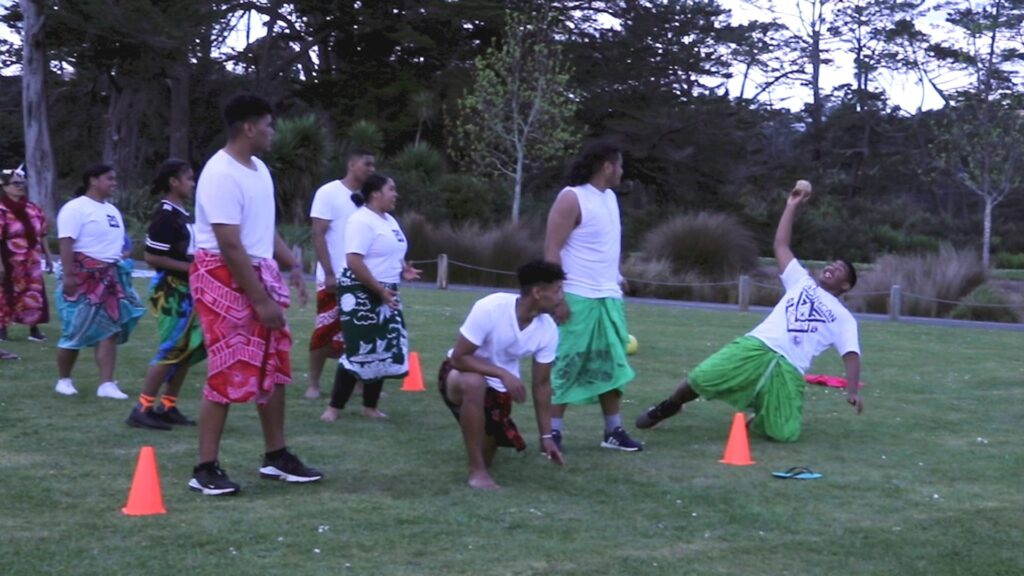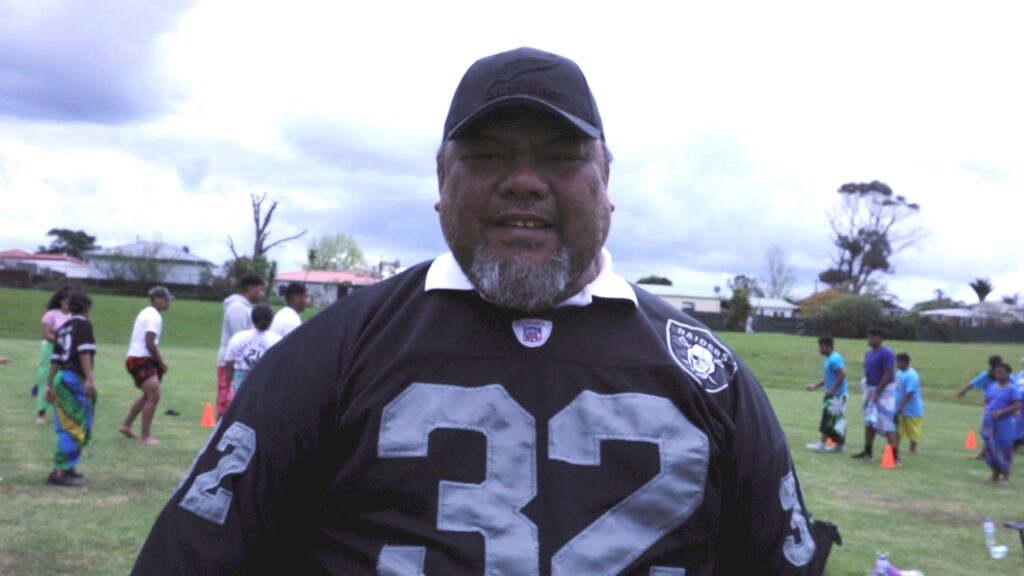
Tuvalu Language advocate Kelesoma Saloa and the Niutao Community Trust shared two Tuvalu traditional games with Healthy Families South Auckland as part of the Village Games movement.
Te ano (gaming ball) and Fuu Fuu Penu were played by members of the Tuvalu community during this year’s Tuvalu Language Week.
The theme for Tuvalu language week 2020 is “Fakatili Te Kiloga Fou” which in English means “Navigating the changing environment”.
Te ano
Te ano is the national game of Tuvalu with similarities to volleyball. Watch the video here.
“Te ano is where two teams line up facing each other and hit an ano, a cube-shaped ball made out of pandanus leaves, to score points,” says Kelesoma.
“The spiker (server) is called the fakapoko who throws the ano toward the other team.
The team can only touch it with their hands once. They can use other parts such as the feet to save the ano from the ground. If the team gets the ano back to the fakapoko then they get a point. If it hits the ground then the other team scores.
One set has ten points. When a team reaches ten points they will scream ‘Taia’. Once a team reaches five sets, they win. The winning team will sing and celebrate their victory,” Kelesoma explains.

Kelesoma, who grew up on the Tuvalu island of Niutao, says Te ano was a game that would bring a village together.
“On the island, the village would divide into two teams. If a team won five games in a day then the other team will have to fish and prepare a feast for the winners,” he says.
Fuu Fuu Penu
Fuu Fuu Penu is a game that a group of people (family, class, workplace, and/or community group) can enjoy together. Watch the video here.
“Everyone sits in a circle and closes their eyes. One person walks around and places the penu behind someone before shouting, ‘Fuu Fuu Penu’,” says Kelesoma.
“If the penu is behind you, you have to chase the person who put it down. If you catch them before they get to the empty space, then they have to go into the circle and the chaser now holds the penu. Once there are five people in the circle then they have to dance, it’s lots of fun,” he adds.
Like many traditional Tuvalu games, Fuu Fuu Penu encourages movement, family and community connections and celebrates culture.
“Our games and language is important because there is no one else around the world who has them. We play them in the Tuvaluan way, with lots of singing and dancing. This makes us unique so we should teach it to others (non Tuvaluans) so they can enjoy it too,” Kelesoma explained.
Lead systems Innovators Fila Fuamatu and Noel Edmonds have been leading the Village Games movement since its inception during Kiribati Language Week 2020 in July.
“We are hearing really heartening stories from our Pasifika communities. These games and the spirit in which they are played, enhance mental, emotional, social, and physical wellbeing,” says Fila.
“Our work looks to address the social determinants of chronic illness in our community. The Village Games movement can help to make changes in the places we live, work, play as well as support wellbeing and good health, all within a cultural framework,” adds Noel.
We’d love to hear your feedback and suggestions, please email Fila on fila.f@thecausecollective.org.nz



